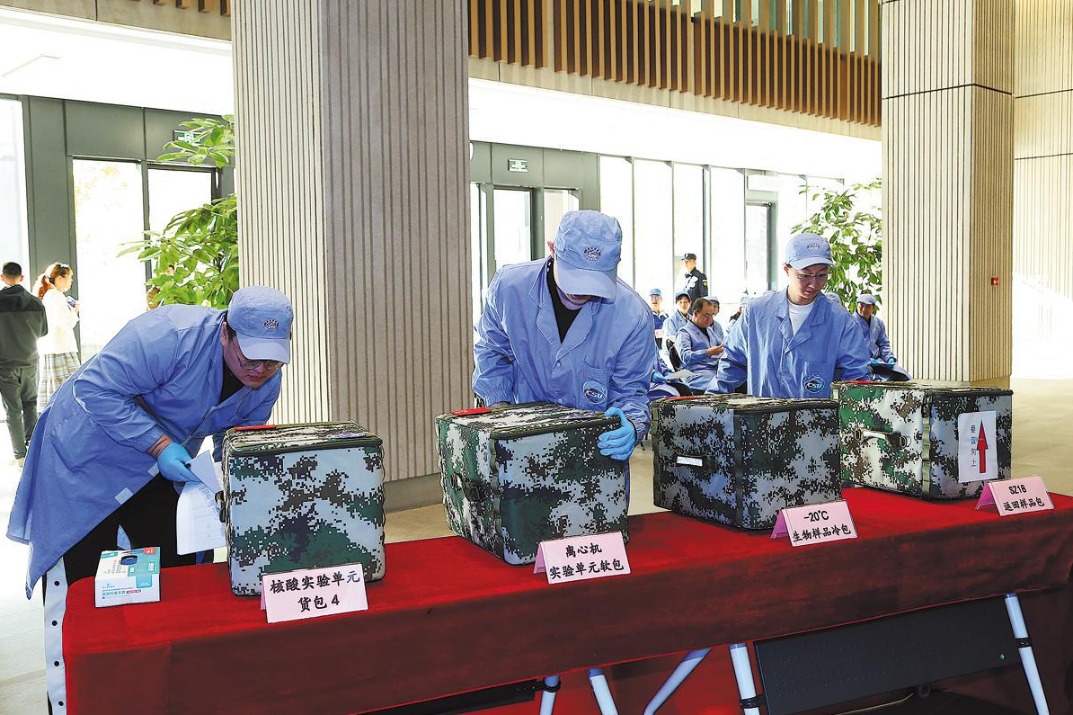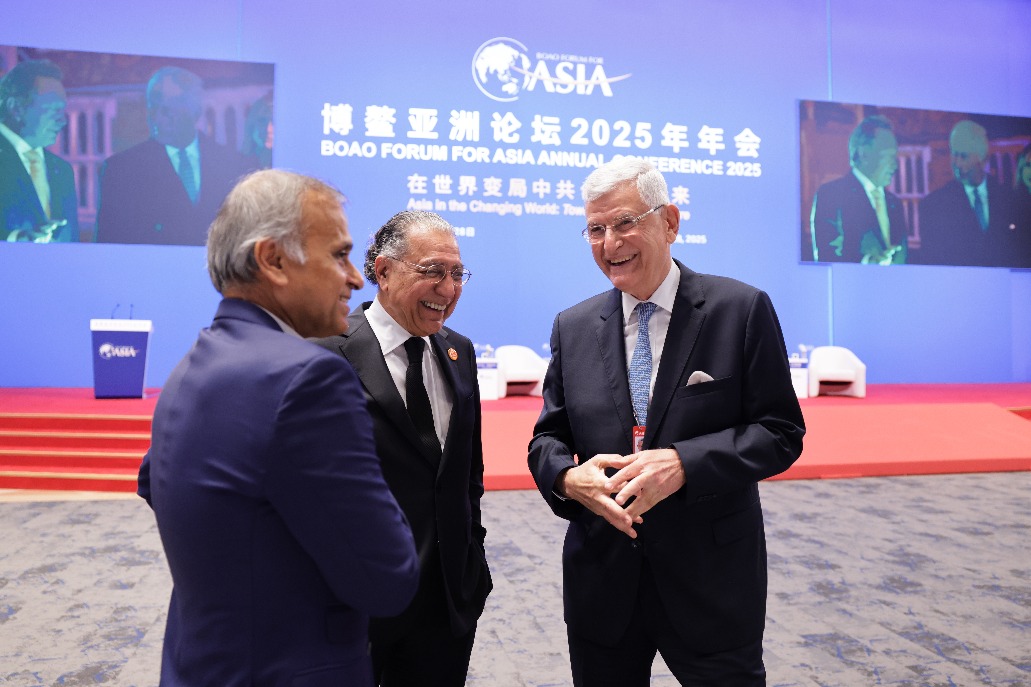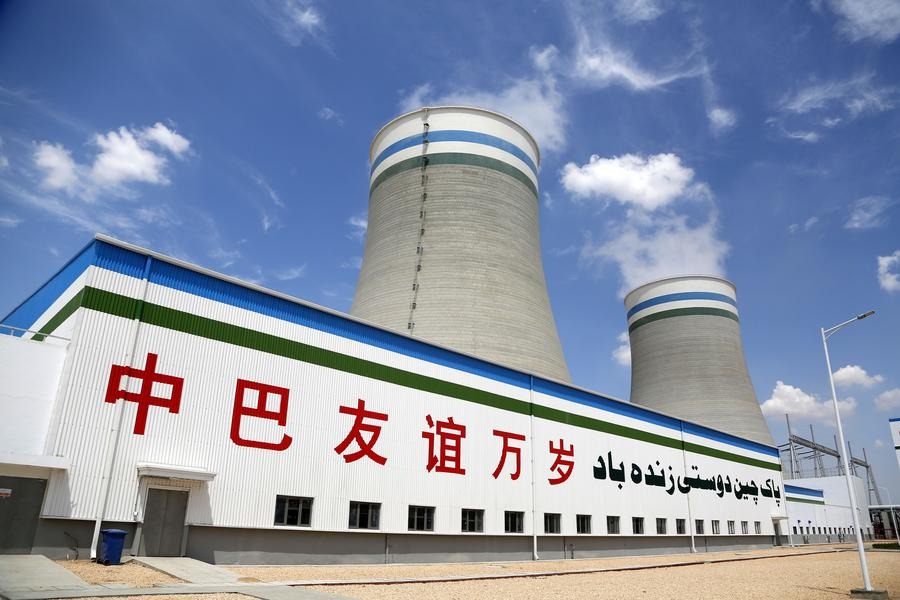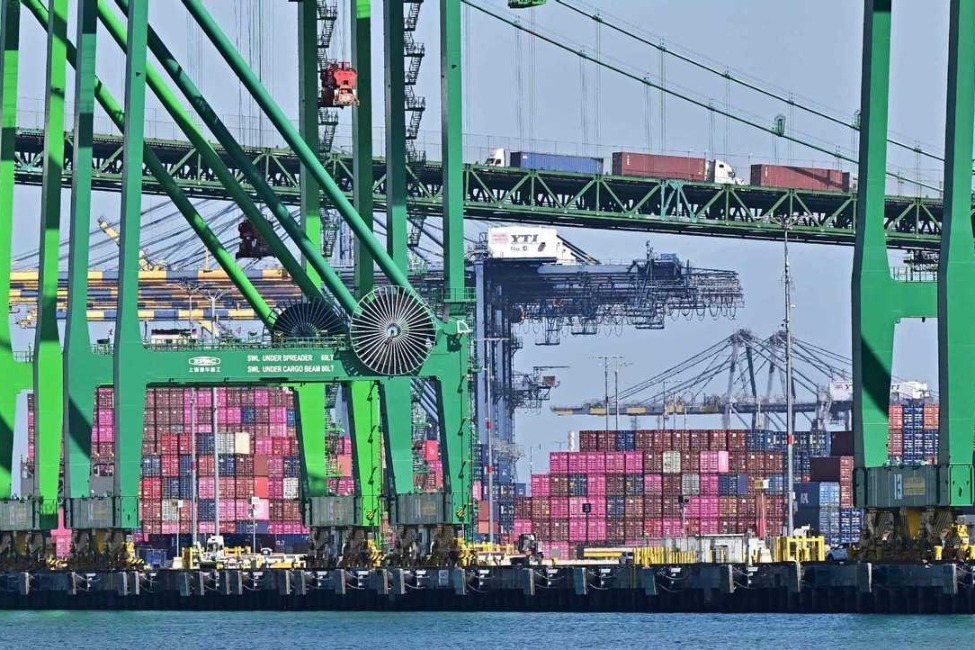Inland Sichuan a new frontier of opening-up


Sichuan province, located in the upper Yangtze River Valley in the southwestern part of China, does not share its borders with any country nor does it have a coastline. Due to its mild climate and fertile basin, Sichuan has been renowned as the "Land of Abundance" since ancient times.
However, the rugged routes connecting Sichuan to the rest of the country have become obstacles to the region's economic and social development, and its exchanges with other regions of the country and the outside world. Tang Dynasty (618-907) poet Li Bai once wrote that the road to Shu (the ancient name of Sichuan) is more dangerous than that to the sky.
China's economy has developed rapidly since the launch of reform and opening-up in the late 1970s. However, Sichuan, constrained by its geography, was unable to fully participate in and benefit from China's coastal development policy.
Opening-up is a necessary path to achieving prosperity and development. Hence, Sichuan regards the construction of an efficient transportation network as an important means to overcome its geographical constraints and pursue high-level opening-up.
Accordingly, Sichuan has completed the "7 plus 5" international rail-sea network, and has been operating trans-border railway services, which connect it with European countries, and Laos, Vietnam and Myanmar, as well as the new western rail-sea routes. This connectivity is helping Sichuan more actively promote the Belt and Road Initiative.
In August 2024, China launched its first "China-Europe railway express plus low-altitude logistics" delivery services at the Chengdu International Railway Port to facilitate the free flow of cross-border e-commerce. In October, the Asia-Chengdu-Europe railsea train began operations from the Chengdu International Railway Port, connecting destinations such as Aarhus in Denmark and Los Angeles in the United States.
Sichuan's international train routes have since expanded to 115 overseas cities, connecting the province to more global markets. The province has also expedited the construction of cross-border roads. With the first batch of Tian Fu shuttle trucks rolling out in 2021, Sichuan has built regular road routes connecting it to destinations in Russia, Central Asia, Southeast Asia and Europe. The shuttle trucks have made more than 2,000 trips, transporting goods worth more than 10 billion yuan ($1.37 billion) to global markets.
It may surprise many people that Norwegian salmon can now be flown to Chengdu in just 36 hours. That's because Sichuan is developing Chengdu, the provincial capital, into an international aviation hub, with more than 20 regularly operating international cargo routes.
Also, Sichuan is leveraging its inland water transport advantages to build a shipping center in the upper reaches of the Yangtze River. Since December 2024, Luzhou and Yibin river ports in the province, approved as temporary open waterway ports by the central authorities, have been shipping machinery, chemicals and other products to different destinations.
The development of transportation has helped Sichuan to overcome its geographical constraints and become the first province in central and western China to transport goods worth more than 1 trillion yuan since 2022.
In addition to its traditional goods, Sichuan should seize the opportunity to capitalize on the emerging sectors, a wave it is currently riding.
Cross-border e-trade in the "new three major items" (electric vehicles, lithium batteries and solar cells) has increased tenfold over the past three years, exceeding 100 billion yuan in value, while services trade reached 150 billion yuan. The figures reflect the vitality of Sichuan in e-commerce and the popularity of Sichuan products in global markets. For instance, Sichuan Runzhao, a fishery company, has over 12 percent share of the global caviar market, with rising demand overseas. In the next three years, Sichuan's caviar production capacity is expected to account for 45 percent of the global market.
New transportation channels have also helped Sichuan attract more foreign direct investment. Since 2020, the province has been receiving the highest FDI among the central and western provinces, with its FDI reaching a record 24.52 billion yuan in 2023. And about 5,390 foreign enterprises have been operating in Sichuan.
More important, in January 2024, Airbus opened its comprehensive service center in Sichuan, the company's first such center outside Europe. And in April, Albemarle, a specialty chemicals producer, commenced production at its lithium hydroxide battery material factory in Meishan, Sichuan, with an investment of $900 million (Albemarle's highest in China) and a production capacity of 50,000 tons a year.
Creating more opportunities for international exchanges and cooperation, Sichuan has hosted several major international conferences, exhibitions and other events, including the 19th Western China International Fair, and the Chengdu 2021 FISU World University Games. This year, Chengdu will host the 2025 World Games, the first such games to be held on the Chinese mainland. These conferences and games can also boost service and consumption.
Enhanced connectivity promotes openness and boosts development. Despite its geographical constraints, Sichuan has gradually turned its inconvenience into convenience, setting an example of sustained development in China's central and western regions and working hand in hand with its foreign partners to realize win-win cooperation.
Li Yunong is a professor at the School of International Business, Southwestern University of Finance and Economics; and Yang Mengkai is a researcher at the Institute for Chengdu-Chongqing Economic Zone Development, Chengdu University. The views don't necessarily reflect those of China Daily.
If you have a specific expertise, or would like to share your thought about our stories, then send us your writings at opinion@chinadaily.com.cn, and comment@chinadaily.com.cn.
- iShowSpeed livestreams show world an unfiltered China
- India, China must foster shared prosperity
- Cambridge scholar unveils China's export resilience
- EU offers concessions to avert US tariff hikes
- Former World Bank president: China's huge transformation from poverty is amazing


































